News
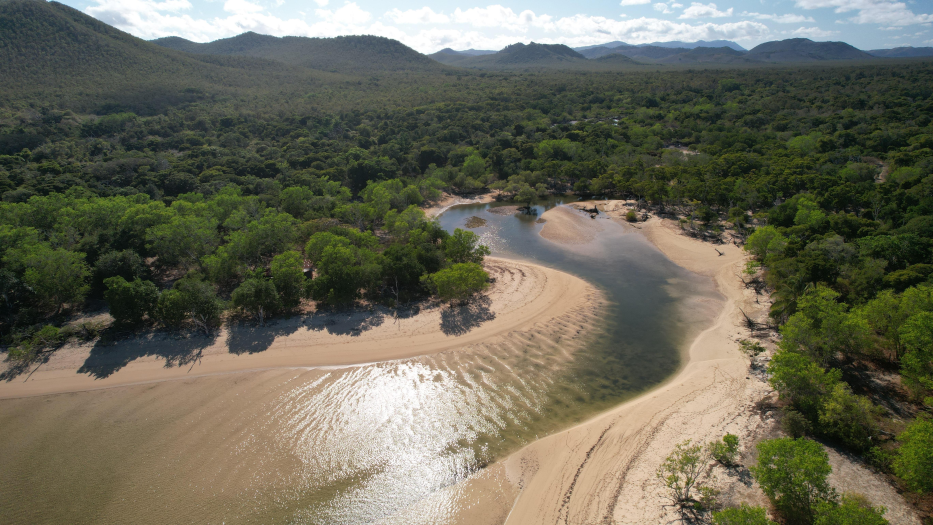
Communauté de Savoirs Littoral et Océan: an open, transdisciplinary collective
Following their participation at the UNOC, the scientific advisor to the Coastal and Ocean Knowledge Community, Marine Hermann, and her co-host, Stéphanie Duvail, share their feedback and insights on the issues addressed at this international event, and on the actions supported by CoSav in 2025.
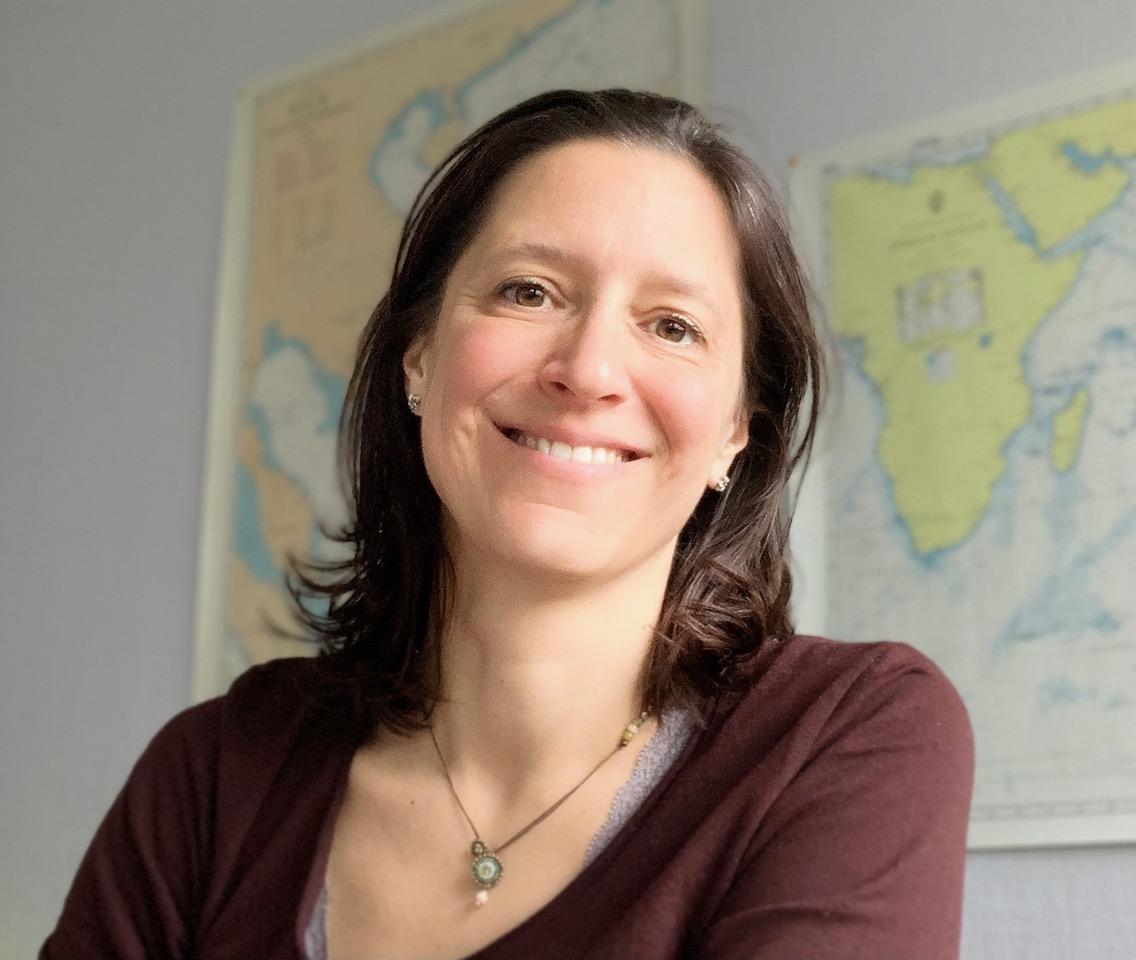
You took part in the United Nations Ocean Conference (UNOC). What actions did you take?
Throughout the year, CoSav Littoral et Océan (LeO) mobilized in preparation for the UNOC.UNOC, which has put the protection of ocean and coastal socio-ecosystems at the heart of the international agenda.
Alongside our partners, we presented our work on the five oceans to the OOSC, the scientific pillar of the UNOC, via over fifty contributions. In addition to numerous scientific presentations, these contributions included a keynote presentation in plenary, two presentations of theIn addition to numerous scientific presentations, these contributions included a keynote presentation in plenary, two presentations of the sustainability science approach that we at IRD are developing, and a special session on gender issues in fisheries, which gave rise to a policy brief. Of course, we were also present at the UNOC itself, where we took part in the first Deltas Summit of the World, organized by the Vietnamese Prime Minister. by the Vietnamese Prime Minister and the Iraqi President, and presenting the book l'Océan en Commun published by IRD Grands Enjeux on the occasion of the UNOC.
What are the main messages you've taken away from it?
Recent OOSC and UNOC recommendations emphasize the central role of scientists in decision-making processes. Equity, inclusion, transdisciplinarity and participatory science are emerging as priorities for ocean sciences, and were at the heart of the discussions at the Cosav Days. The UNOC highlighted IRD's contributions on a wide range of subjects: women's fishing, plastic pollution, food, land-sea interactions, the deep sea...
Discussions revealed that so-called participatory approaches cover a wide range of realities, from symbolic consultations and prescriptive actions to genuine co-constructions. It is essential to clarify these approaches, recognize local knowledge and rethink the role of scientists in decision-making processes.
What spin-offs do you expect?
Bringing together 175 UN member states, 64 heads of state and government, 28 heads of UN, intergovernmental and international organizations, 115 ministers, and 12,000 delegates, the UNOC put the ocean firmly, and in an unprecedented way, at the forefront of the international political scene.delegates, the UNOC resolutely placed the ocean at the forefront of the international political scene in an unprecedented way. As others have already pointed out, this international mobilization should enable several treaties to be ratified by the end of the year, including the BBNJ agreement, which provides a legal framework for the protection of the high seas and deep seabed. This is already a remarkable step forward! By placing the ocean at the center of attention in this way, the UNOC has also contributed, we hope, to a heightened political and public awareness of ocean-related issues.
But despite these commitments, concrete, decisive action in favor of the climate is slow in coming. Examples include the COPs and the recent questioning of scientific and environmental advances. Preserving a sustainable future for our planet is a battle that requires a long-term and relentless commitment. For the "Nice Commitments for the Ocean" to become a reality, a collective, long-term and relentless commitment is essential. Scientists have an essential role to play: not only in producing knowledge, but also in sharing it beyond their own sphere, in dialogue with citizens, decision-makers and all the players concerned.
How does the Littoral et Océan community contribute to reflection and action on coastal territories?
Given their great complexity and the multiplicity of factors that influence them, oceanic and coastal socio-ecosystems require an interdisciplinary approach.
Ensuring their sustainability means mobilizing environmental, social and human sciences, and fostering dialogue between researchers, users, managers and residents.
The Communauté de Savoirs Littoral et Océan offers an original framework for meeting, reflecting and experimenting with transdisciplinarity, placing the collective at the heart of the process. We are working together to devise new tools to promote this dialogue: annual days, a collaborative platform, training courses and workshops hosted by our partners, collective works...
CoSav Littoral et Océan aims to mobilize scientific expertise, in consultation with non-academic players, to co-construct actions to meet today's socio-environmental challenges.
Do you have any other major projects planned for 2025?
The collective momentum generated by CoSav LeO continues beyond June 13. In Bangkok, over 150 participants from research, public institutions, development and civil society took part in the 2nd edition of the "Southeast Asia Environmental Systems" workshop. Together, they identified issues related to aquatic socio-ecosystems in Southeast Asia and explored transdisciplinary approaches to addressing them.
Numerous other initiatives are planned for 2025: the TACCOVAR regional symposium in Cameroon, the Colloque International sur les Interactions entre Humains et Invertébrés Marins in Paris, the Terra Mar Terra Mar exhibition in Montpellier and Brazil, and a round-table discussion as part of the Track Changesproject in Nouméa.
In the longer term, a structuring project is underway with our West African partners, focusing on the sciences of ocean sustainability. In the coming months, our collective will also be continuing to reflect on the messages to be conveyed around major ocean-related issues, particularly with a view to the annual LeO Days in Marseille on November 3 and 4.
What is a knowledge community (Cosav)?
IRD's vision is rooted in scientific debate and dialogue with society. Communities of Knowledge (CoSav) are spaces for reflection and action proposed by the IRD, where researchers, experts, field workers and enthusiasts from all over the world cross-fertilize their knowledge to tackle major societal challenges together. It is in CoSav that the orientations that define IRD's position on major scientific challenges emerge.
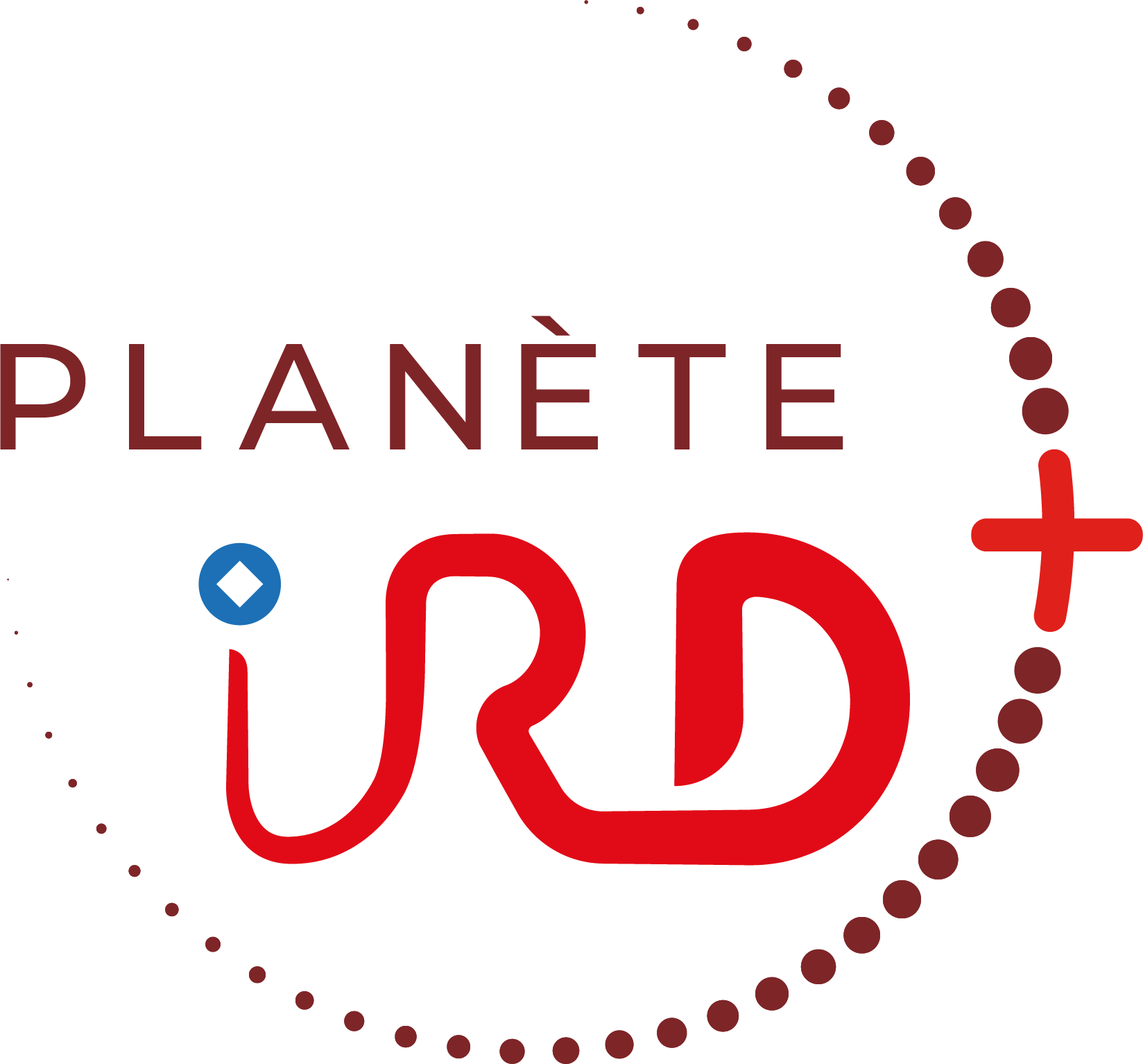

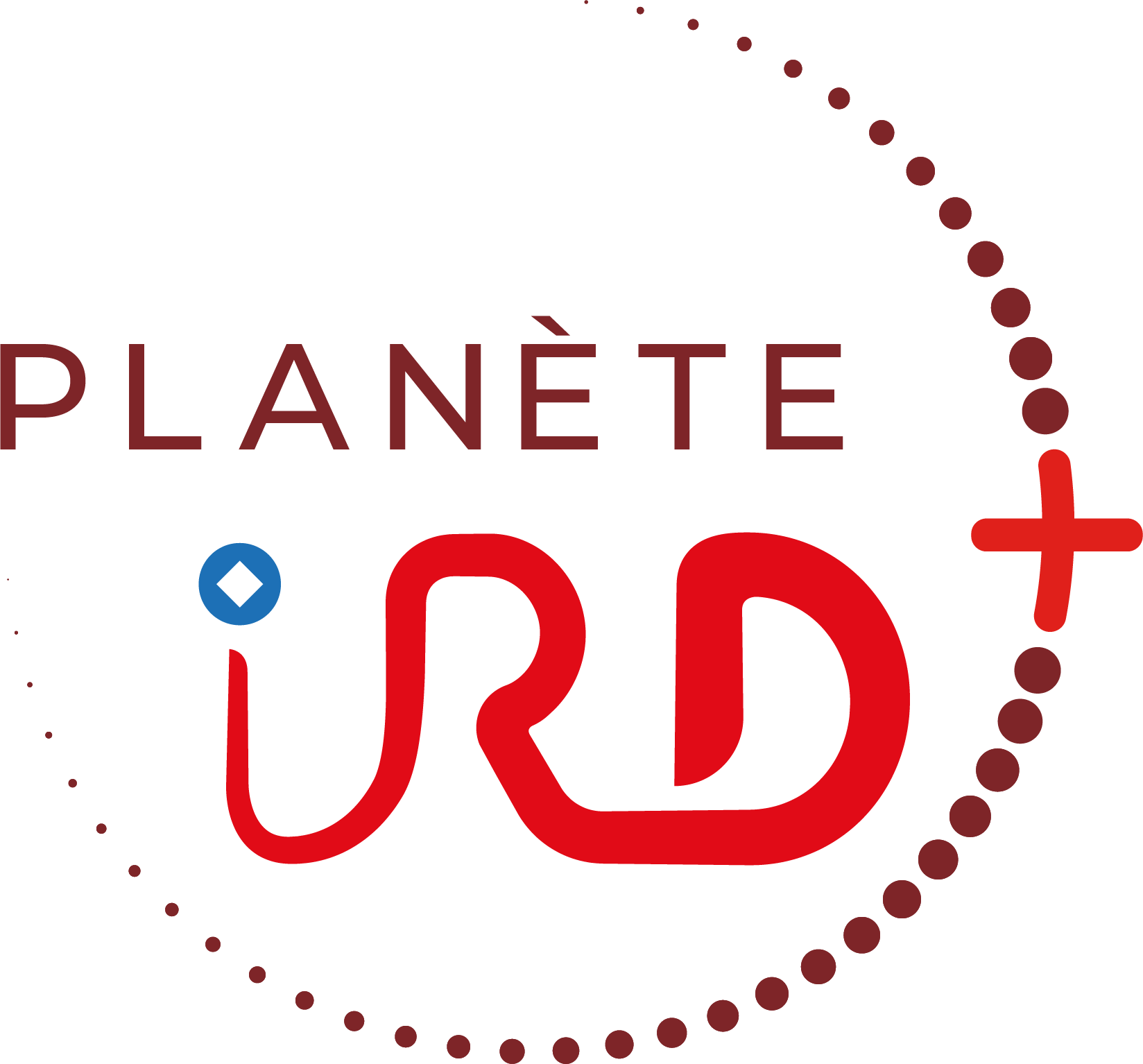






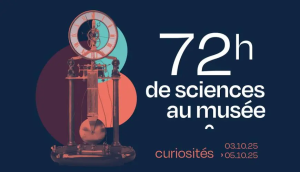

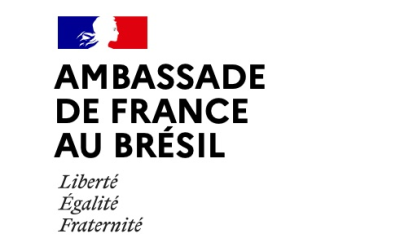


No comment
Log in to post comment. Log in.